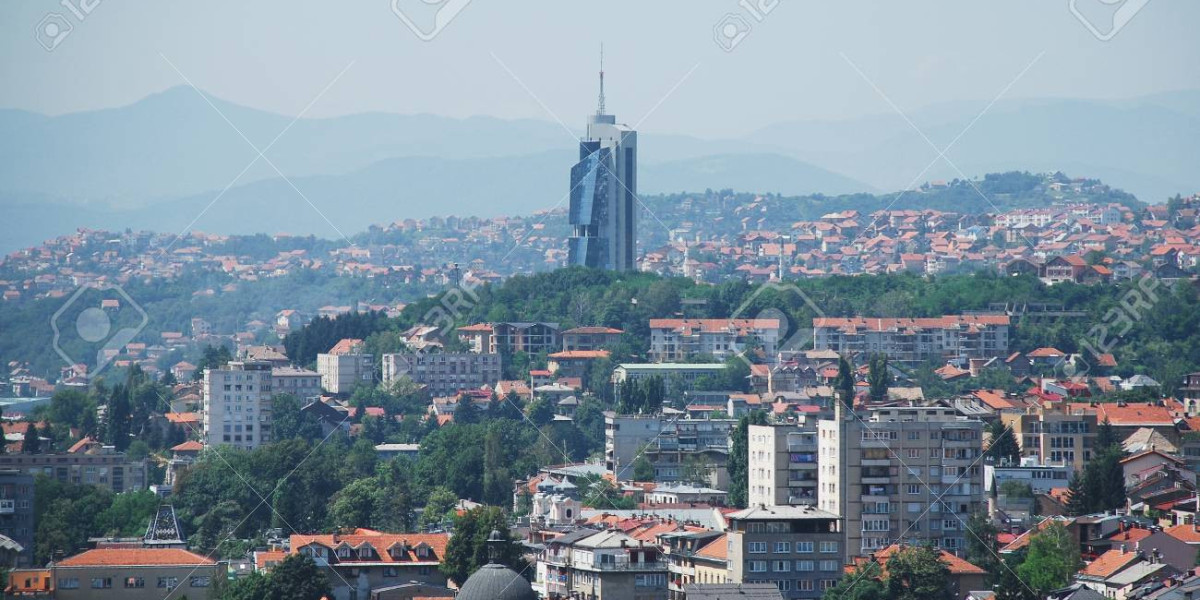If you are planning to work in Bosnia and Herzegovina, understanding how to secure a Bosnia work visa is essential. This article provides a clear, step-by-step guide to help you and your employer navigate the process. It explains visa types, the role of the work permit, required documents, and what happens after you arrive in Bosnia. The aim is to give you useful information without sounding promotional.
1. What is a Bosnia work visa and when do you need it
A “work visa” in Bosnia refers to the visa and permit combination you need if you intend to work and stay in Bosnia for more than a short business visit. Essentially, there are two main parts:
A work permit, applied for by your employer and issued by the relevant employment authority. EURAXESS+1
A long-stay visa (Type D) for employment purposes, if you will stay more than 90 days. VisaGuide World+2Rivermate+2
Without both, you cannot legally work in Bosnia. For example, foreigners must hold a valid work permit before employment begins. EURAXESS
2. Types of visas & permits relevant to working
When you apply for a Bosnia work visa, you need to know which type applies to your situation. Here are the basic categories:
Visa C (short-stay) – for stays up to 90 days in any 180-day period, such as business trips; this does not allow you to begin employment.
Visa D (long-stay for employment) – required when you intend to work and stay more than 90 days.
Work permit – issued by the employment services (in the relevant entity or district) for a specific job with a specific employer, typically valid up to one year.
Knowing which you need will help you collect the right documents and meet deadlines.
3. Step-by-step process to apply for a Bosnia work visa
Here is a practical sequence of steps you should follow to apply for a Bosnia work visa:
Step 1: Secure a job offer and employer commitment
The first thing you and your employer must do is have a formal job offer or contract. The employer must be registered in Bosnia and willing to sponsor the work permit.
The contract should outline job title, duties, salary, start date, location.
Step 2: Employer applies for the work permit
Your employer submits an application for your work permit to the relevant employment service (depending on which part of Bosnia – e.g., Federation or Republika Srpska) before you begin working.
The work permit is tied to you, the job, the employer. It remains valid only while these stay the same. fipa.gov.ba
Step 3: Gather your visa application documents
Once the work permit is approved, you as the applicant gather documents for the long-stay visa (if required). Typical documents include:
Valid passport (issued within last 10 years, valid for at least 3 months beyond stay) msb.gov.ba
Completed visa application form
Passport-size photos
Employment contract
Work permit approval
Proof of accommodation in Bosnia (rent agreement or hotel booking)
Proof of health insurance covering your stay
Certified translation and/or legalization of educational/diploma documents (required especially in Republika Srpska)
Police clearance or certificate of good conduct may be required
Step 4: Submit your visa application
Submit your application at the Bosnia and Herzegovina embassy or consulate in your home country (or country of residence). Once approved, you receive the visa (Type D) allowing entry for employment.
Step 5: Enter Bosnia and register for residence
After arrival in Bosnia with the visa and work permit, you must apply for a temporary residence permit (based on employment) at the local field office (Service for Foreigners’ Affairs in Bosnia). This must happen before the visa-free period ends (if applicable) and within specific time limits.
While residing and working, you must comply with local employment laws (working hours, insurance, etc).
4. Document checklist for employer and employee
Here’s a more detailed breakdown of who needs to provide what.
Documents from the employer’s side:
Company registration details and tax ID.
Justification for hiring a foreign national (why local worker not sufficient) in some cases.
Signed employment contract specifying job, salary, location, start date.
Documents from the employee’s side:
Valid passport (issued within last 10 years and valid for at least 3 months beyond stay)
Completed visa application and photos.
Employment contract (signed) and work permit approval.
Educational and professional qualifications, legalized/translated if required.
Proof of accommodation in Bosnia.
Health insurance covering Bosnia stay.
Police clearance certificate (may depend on region)
5. Timing, validity and renewal
Understanding how long your stay is authorised and how you can renew is important.
The work permit is typically valid for up to one year and can often be renewed annually.
The long-stay visa (Type D) for employment and the residence permit correspond with the period of your employment contract.
If you wish to continue working beyond the permit or change employer, you must secure a new work permit aligned with the new job.
6. Common pitfalls and how to avoid them
When applying for a Bosnia work visa, many applicants face common issues. Knowing these helps you avoid delays.
Incomplete or incorrect translations/legalisation of qualifications. In some regions a diploma may need translation and legal attestation, which can cause months of delay.
Employer not submitting the work permit application first — without a valid work permit, the visa cannot be issued.
Documents not meeting validity requirements (e.g., passport validity, insurance coverage) may cause rejection.
Trying to work on a short-stay visa (Type C) — that visa does not allow employment.
Changing jobs or roles without updating the permit/visa — because the permit is tied to the job, employer and location.
7. Cost considerations
While fees may vary by consulate and region, it is important to budget for the application and renewal costs associated with your Bosnia work visa. For example:
Work permit issuance often involves administrative fees.
Visa application fee and perhaps translation/legalisation fees for documents and diplomas.
Health insurance cost.
Other incidental costs like accommodation proof, flights, etc.
8. Rights and obligations while working in Bosnia
Once you hold a valid Bosnia work visa, and corresponding work permit and residence permit, you are legally employed in Bosnia and enjoy certain rights and must meet obligations.
You are tied to the employer, job title, location and contract that were approved. Changing any of these requires fresh permit.
You have to abide by local labour laws: maximum work hours, overtime rules, leave days.
You must keep your residence status valid and apply for renewals in good time.
Your employer must continue to fulfil obligations (tax, insurance, contract terms).
9. Tips to make your application smoother
Here are practical tips for your own planning and success:
Begin the process early — the work permit takes time, especially with translations/legalisation.
Double-check the translation/legalisation requirements for your specific region in Bosnia (Federation, Republika Srpska, Brčko District) since they differ.
Make sure the employment contract is clear — job description, salary, duration, location — since the permit is tied to it.
Collect originals and certified translations of your degree or diploma as required.
Ensure your passport meets the validity requirements and has enough blank pages.
Keep copies of everything you submit and track application status.
Maintain health insurance cover from day one.
If you plan to change employer or role later, consult early about what it means for your permit/visa.
By following the steps and ensuring you meet the requirements laid out above, you are well positioned to successfully apply for a Bosnia work visa. The key is to treat the permit and visa as two linked but distinct parts of the process, collaborate closely with your employer, and prepare your documentation thoroughly. With careful preparation, you can move and work in Bosnia legally and confidently.








